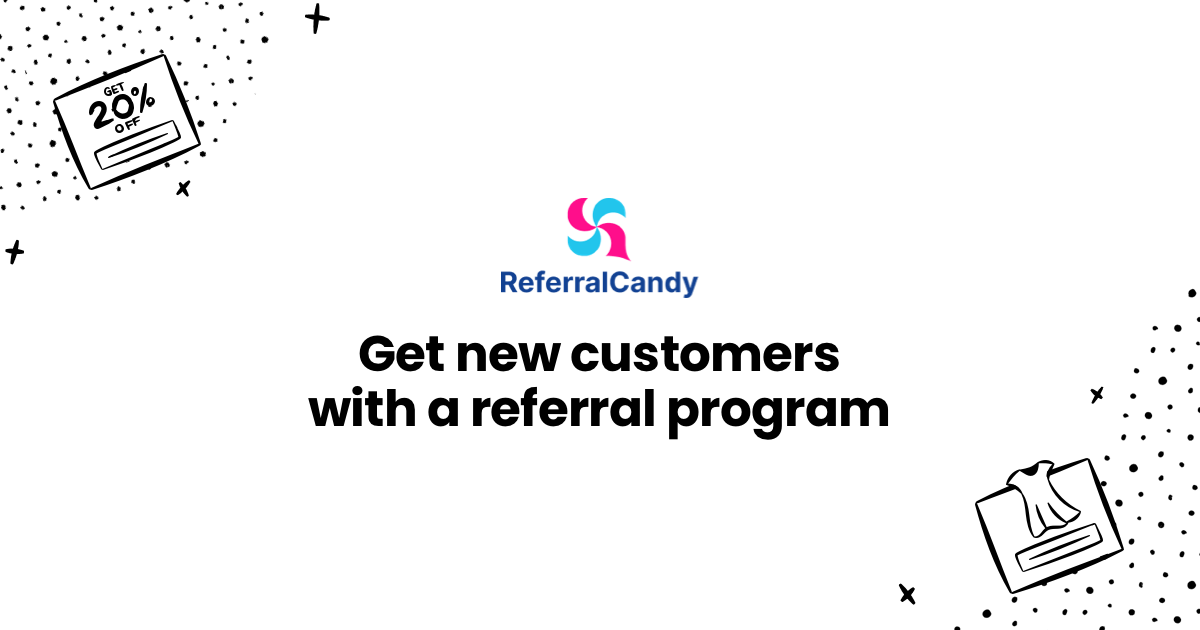We generally have a surplus of 1300/month but that's only with about 6% going to retirement and that's without my 2nd job and all overtime. But that's a good point; maybe now is a good time at paring down some of our budget. It's crazy how quickly Netflix and other subscriptions can add up too! You wouldn't think a few bucks here and there add up to much but they sure do.
I did look at some mortgage amortization charts and it sure is crazy. I didn't realize at all that the first few plus years all that money would be going towards interest with only a little towards principal.
I did look at some mortgage amortization charts and it sure is crazy. I didn't realize at all that the first few plus years all that money would be going towards interest with only a little towards principal.



.svg)

Comment